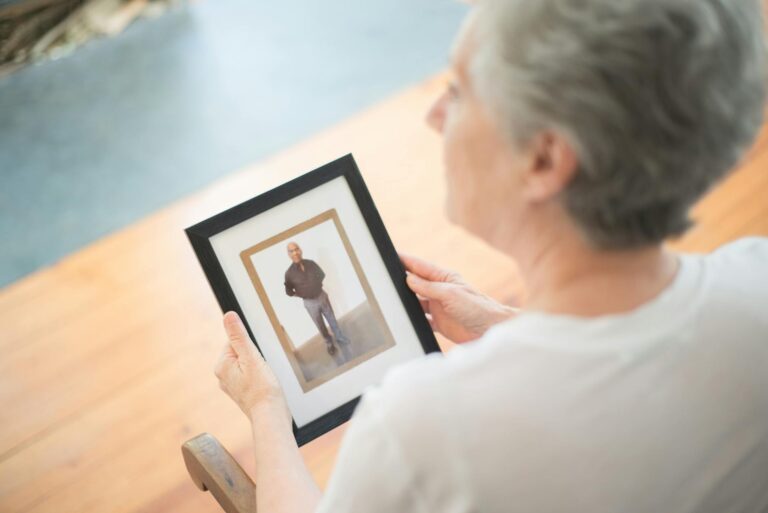Watching movies is a beloved pastime for many of us. We can lose ourselves in the storyline, escape from reality for a little while, and even bond with loved ones over a shared cinematic experience. But for individuals with Alzheimer’s disease, watching familiar films can have a deeper meaning and impact.
Alzheimer’s disease is a progressive brain disorder that affects memory, thinking, and behavior. It is a heartbreaking condition that not only affects the individual diagnosed but also their family and friends. As the disease progresses, individuals may experience memory loss, confusion, and difficulty with daily tasks. However, one aspect of Alzheimer’s that often remains intact is the ability to remember and connect with familiar memories and experiences.
This is where “Alzheimer’s Movie Time” comes into play. It is a concept that involves watching familiar films with individuals who have Alzheimer’s disease. This activity has been gaining popularity in recent years as a way to enhance the quality of life for those affected by the disease.
Watching familiar films allows individuals with Alzheimer’s to tap into their long-term memory and transport them back in time. It brings back fond memories of their past and allows them to relive happy moments in their lives. It can also serve as a form of therapy, providing comfort and entertainment for individuals who may have difficulty communicating or participating in other activities.
The benefits of Alzheimer’s Movie Time are not limited to the individual with the disease. Family members and caregivers also benefit from this activity. It allows them to connect with their loved one on a deeper level and share precious moments of joy together. It can also serve as a form of respite for caregivers, giving them a break from the daily demands of caring for someone with Alzheimer’s.
When it comes to choosing which films to watch, it is essential to consider the individual’s preferences and interests. Films that were popular during their younger years tend to resonate well with individuals with Alzheimer’s. These could be classic films, musicals, or even home videos. The key is to choose films that trigger positive emotions and memories.
During Alzheimer’s Movie Time, it is important to create a comfortable and familiar environment. This could mean setting up a cozy viewing area with soft blankets and pillows, or watching the film in a familiar location such as the individual’s home or a favorite park. It is also essential to limit distractions and noises during the viewing to ensure the individual can fully engage with the film.
As with any activity involving individuals with Alzheimer’s, patience and understanding are crucial. It is normal for them to have difficulty following the plot or remembering characters’ names. Instead of correcting, allow them to enjoy the experience and participate in their own way. You may be surprised by the insights and memories they share while watching the film.
In addition to watching familiar films, there are also programs and facilities that offer specialized movie screenings for individuals with Alzheimer’s. These programs often feature sensory-friendly environments and activities before or after the film to enhance the experience.
Interestingly, research has shown that Alzheimer’s Movie Time can also have cognitive benefits. A study published in the Journal of Alzheimer’s Disease found that engaging in activities such as watching familiar films can improve cognitive functioning and decrease behavioral symptoms in individuals with Alzheimer’s.
In conclusion, “Alzheimer’s Movie Time” is a simple yet powerful activity that can have a significant impact on individuals with Alzheimer’s and their loved ones. It allows them to relive happy memories and connect with loved ones on a deeper level. So next time you’re planning a movie night, consider watching a familiar film with someone you know who has Alzheimer’s. It may just be one of the most meaningful movie experiences you’ll ever have.





